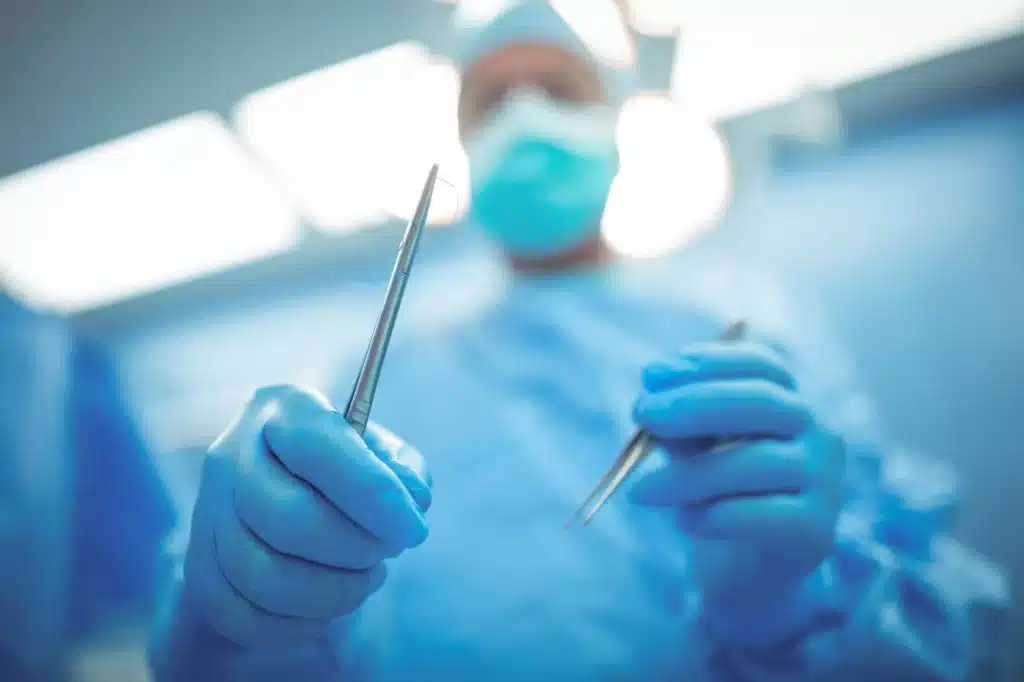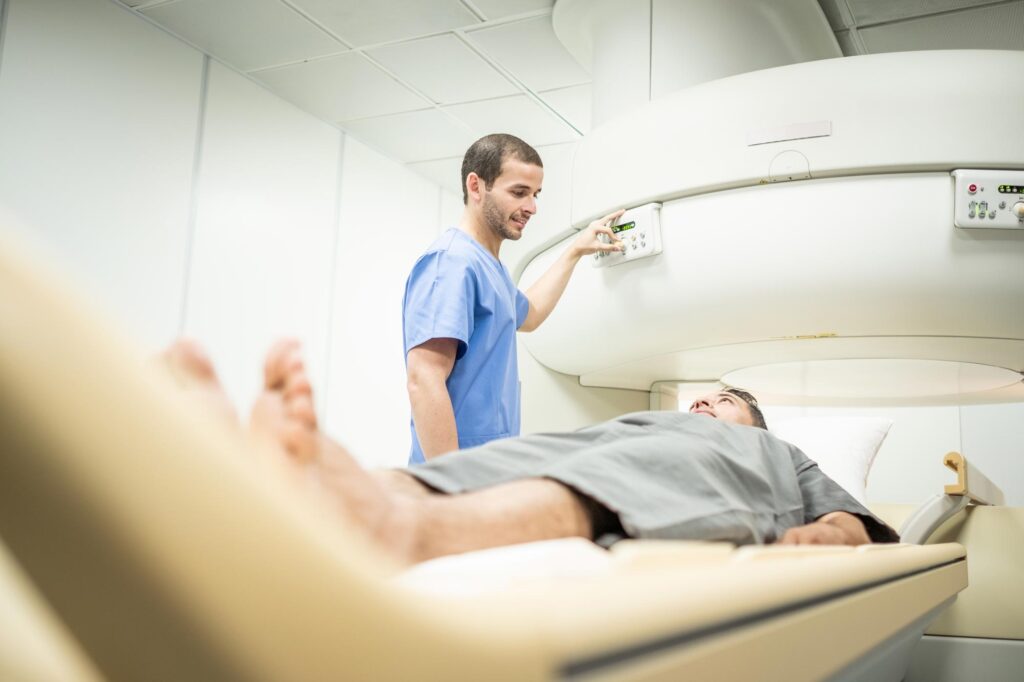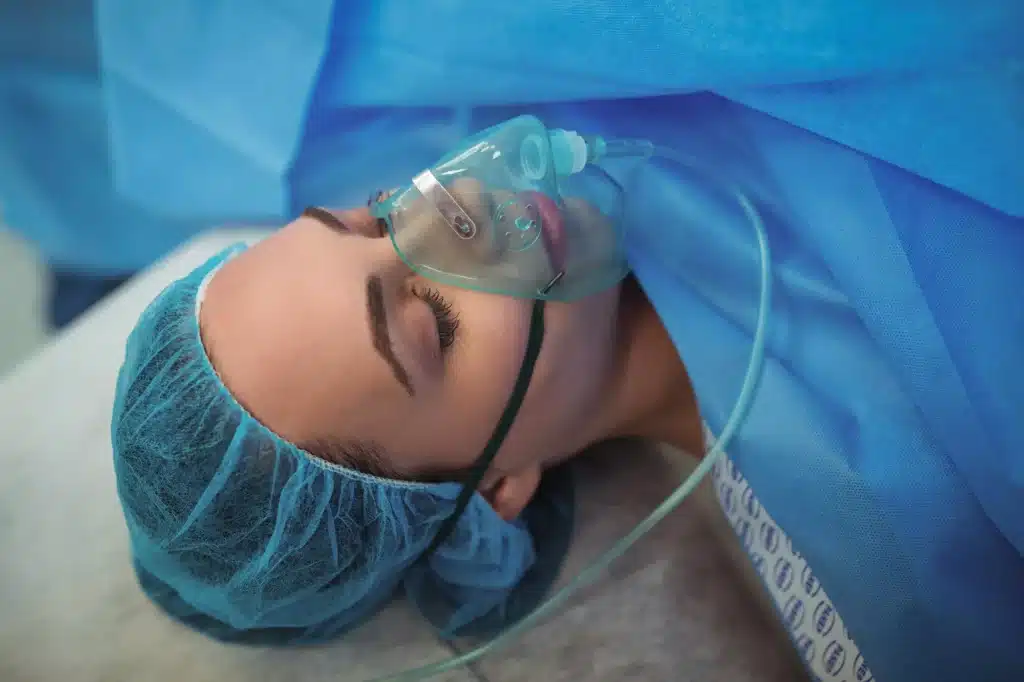
Table of Contents
ToggleSo, how safe is spine surgery? Spine surgery is a common procedure, with approximately 5 million people undergoing spinal surgery each year in the United States alone. The most common reason for spine surgery is to treat pain caused by disc or joint problems.
Spine surgery can also be used to repair damage from trauma or disease such as cancer. In fact, spine surgery has helped millions of people get back on their feet after an injury or disease threatened their mobility and quality of life.
The spine is a complex structure, and surgery can be challenging. But when done correctly, it can be very effective at relieving pain and improving mobility for people with degenerative disc disease or spinal stenosis (narrowing of the spinal canal).
Spine surgeons have been doing this for a long time and are highly skilled in their field. Most importantly, they are dedicated to making sure that patients get the best possible care before, during and after surgery–and that includes avoiding unnecessary risks like infections or complications from anesthesia.
Nerves carry messages between your brain and body parts such as arms/legs or face/lips – so when they’re compressed by something like bulging disc material or bone spurs, those messages don’t get delivered properly which causes pain!

In addition to taking care of yourself physically during this period after surgery be sure not only get plenty rest but also mentally prepare yourself for what lies ahead once released from care facilities such as hospitals or clinics.
Before you undergo any spine surgery, you must undergo extensive testing to ensure that you’re healthy enough to have the operation and that there are no underlying health problems that could affect your recovery afterward.
Test results may include:
MRI (magnetic resonance imaging) or CT scan – These scans can show abnormalities in bones or tissues, such as tumors or spinal stenosis (when the spinal canal narrows). They can also show whether there’s any damage to nerves around your spine due to trauma or disease.
Blood tests – Blood tests check for infections, diabetes mellitus (high blood sugar), liver function and kidney function among other things.

This is called a laparoscopic surgery. The surgeon will use a tiny camera to see inside the patient’s body, and make small cuts in the skin and muscle to insert tools that help them operate on your spine during surgery.
The doctor will place you under general anesthesia while they perform this procedure, which means that you’ll be unconscious during it and won’t remember anything about it afterward.
Anesthesia can take many forms: local anesthesia injections into specific parts of your body (like when getting a tattoo), general sedation where you feel groggy but still aware of what’s happening around you (like when getting stitches), or full general anesthesia where all feeling disappears from head-to-toe so that nothing hurts at all as long as things go well!
Post-operative care includes physical therapy and rehabilitation. Physical therapy can help improve recovery, especially if you have had a spinal fusion procedure or back surgery. The goal of physical therapy is to restore mobility and strength, while minimizing pain and stiffness.
Physical therapy may be done at home or at a clinic depending on your condition and how long it takes for you to recover from surgery.
Your physical therapist might recommend exercises such as stretching, strengthening exercises, massage therapy, heat treatment or cold packs depending on your needs during recovery time from spine surgery.
When you’re considering spine surgery, it’s important to choose a hospital with a good reputation. The team at Long Island Neuroscience Specialists has treated hundreds of patients for spinal conditions and has developed cutting-edge techniques for treating these conditions.
You can be confident that your surgeon will be able to provide you with the best care possible because their expertise is second to none.
The choice of hospital also affects how safe your procedure will be: some hospitals are better equipped than others in terms of technology and staff training; this means they are more likely to perform successful surgeries on patients with complicated cases–like yours!
After looking at many different opinions and studies about how safe is operation for spine, it could be considered a relatively safe procedure given the right parameters.
Exposure and experience are what determine the accuracy of a surgeons hands especially when it comes to the most sensitive of all parts of the body because it controls your ability to walk.
In terms of spinal disks, about ¼ of the population suffer from herniated disks long before they reach old age, even if you are one of the lucky people who correctly uses their bodies so don’t consider this a serious problem as long as you have never had any previous problems and you have other healthy organs.
Other complications such as infections can occur in any operation however they are usually self-resolving.
GET IN TOUCH +
285 Sills Road
Building 5-6, Suite E
East Patchogue, NY 11772
(631) 475-5511
184 N. Belle Mead Road
East Setauket, NY 11733
(631) 675-6226
GET IN TOUCH +
285 Sills Road
Building 5-6, Suite E
East Patchogue, NY 11772
(631) 475-5511
184 N. Belle Mead Road
East Setauket, NY 11733
(631) 675-6226
SUBSCRIBE TO OUR NEWSLETTER +
Send us a Google review. Click this link and let us know how we did!
Review us on Yelp too.